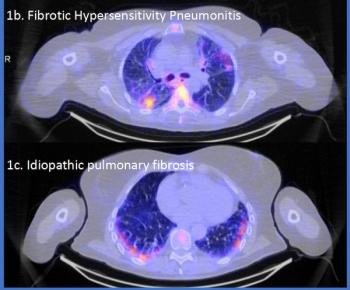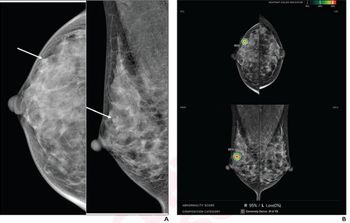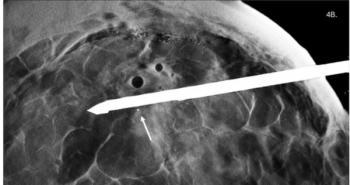
Imbio Captures FDA 510(k) Clearance for Cardiothoracic Imaging Algorithm
Algorithm is designed to automate heart ventricle measurements.
Artificial intelligence (AI) company Imbio announced this week it has received 510(k) clearance from the U.S. Food & Drug Administration (FDA) for its RV/LV Analysis™ algorithm.
As a tool designed for assessing right ventricular dilation, RV/LV Analysis quickly and accurately measures the heart’s ventricles, producing a ratio of the maximum diameter of the right versus the left ventricle. Providers can use that ratio as a key patient risk indicator for multiple pulmonary conditions, such as pulmonary embolism, according to a company statement.
“Our automated RV/LV Analysis has the power to provide vital information and inform risk stratification in many acute cases,” said David Hannes, Imbio chief executive officer. “We believe that the routine use of the RV/LV Analysis in clinical practice can also enable more consistent, quantitative reporting of potential right heart strain for all CTPA exams.”
Results from the RV/LV analysis are automatically available, including a full report of quantitative findings that are added directly to the patient imaging study. It can also potentially reduce reporting times, the company said.
Quantitatively evaluating CT images can help providers with risk stratification of pulmonary and cardiopulmonary diseases. For example, PE imaging biomarkers can be measured for real-world use cases, said company representatives, and RV/LV automation within native clinical workflows can catch varying causes of right ventricular dilation.
“Reporting right heart strain on CT pulmonary angiogram studies positive for pulmonary embolism…is frequently done inconsistently, incorrectly, or not at all,” said Jonathan Rodrigues, a consultant radiologist at Royal United Hospitals Bath NHS Foundation Trust. “We have shown Imbio’s RV/LV Analysis to work consistently in unselected real-world cases and have demonstrated how it could alter management, as well as potentially predict all-cause mortality. Used routinely, it has the potential to standardize risk stratification and augment clinical care in this important disease.”
For more coverage based on industry expert insights and research, subscribe to the Diagnostic Imaging e-Newsletter
Newsletter
Stay at the forefront of radiology with the Diagnostic Imaging newsletter, delivering the latest news, clinical insights, and imaging advancements for today’s radiologists.














